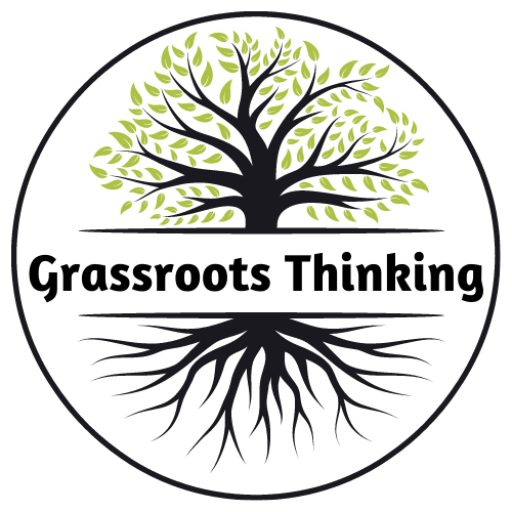Dear Mariame Kaba, Hope is Not a Discipline

“Hope doesn’t preclude feeling sadness or frustration or anger or any other emotion that makes total sense. Hope isn’t an emotion, you know? Hope is not optimism. Hope is a discipline… we have to practice it every single day.”
— Mariame Kaba
Hope requires complete trust and confidence; it requires faith.
Faith grounds.
Faith is the foundation upon which both our desires and expectations reside.
Faith is at the root of our ability to hope.
Mariame Kaba is correct, hope is not an emotion. It is a phenomenon of many emotions coexisting together. However, as principled as hope existing as a discipline sounds; it is not.
Hope is a “(cap)ability” that significantly relies on power, privilege, and/or capacity. In the face of constant systemic abuse and a lack of truly transformative accountability; many lack faith in antiblack, capitalist, and/or settler institutions and their “chosen” leaders. Therefore, many lack the power, privilege, and/or capacity to hope. They become incapable of hope.
The ability to imagine beyond the carceral status quo requires faith not just in one’s liberatory imaginings but faith that the imagined can be confidently materialized.
One cannot “discipline” themselves into the phenomena of hope without concrete material change birthed through a collective struggle. Community leaders cannot “discipline” community members into hope without concrete material change. Leaders who have successfully done so usually depend on teaching self-regulatory violence to their “followers”. This self-regulatory violence is generally dependent on a violent dismissiveness of “dark” or heavy emotions; phenomena such as destruction, despair, depression; and also deeply dependent on a constant lack of critical critique. This does not imply that those who possess and/or practice hope are less critical of violent institutions and systems. Neither does it imply that those who possess and/or practice hope don’t experience despair. However, hope as a “discipline” in the face of ongoing systemic and institutional abuse (and modest material change) requires the weight of the psychological and/or emotional consequences of our conditions, and the task of nurturing feelings of “productive” expectation (in the midst of our ongoing suffering) dependant exclusively upon self-discipline.
Hope should not be contingent upon me (or those of us on the very margins) being able to (self)regulate/discipline in the face of institutional and systemic violence; there is no honor, healing, and spaciousness in that. Hope as a discipline becomes restrictive, monotonous, exhausting. We must be able to occupy a multifaceted consciousness and way of reasoning with what could be that makes room for both the pragmatic and the impossible. We must practice a regenerative and expansive hope, or else hope becomes contained only by what we assume and/or are told is not possible.
Hope as a discipline in the face of ongoing institutional and systemic trauma and pain requires us to practice a forced emotional and cognitive satisfaction that relies on psychological resilience.
To learn hope as a discipline requires us to lower our expectations of liberation.
Hope in another world, another way, is developed with proof that there is indeed another way.
We should not and will not discipline ourselves into hope. We will not build more tolerance for disappointment in violent institutions and systems built upon our erasure and pain. We will not police our doubt.
As Nicholas Brady once said “paradoxically, the most hopeful people are those who have no hope in the system.”
We will embrace despair not as an end or an arrival point, but as a bridge; as an extension of the radical uncontained hope, the transformative vision of possibility that sits at the core of our despondency. We don’t believe in binaries. We don’t bow to them. We are and will remain multifaceted and expansive as we need to; even if it means unearthing hope in the most isolated places.
Because the “dark” is not empty; it births light. In fact, it births entire new worlds.
(art by ominira mars; please ask permission to use)
(Afro-anarchic despair: the complete loss and absence of hope in seeing antiblack, capitalist, and/or imperialist empires exist and/or progress that pushes one towards a more principled and strategic way of “belonging” and towards an arrival of a more expansive and critical hope that is birthed from despair.)
By Decoloniza



